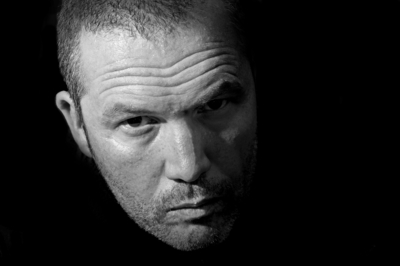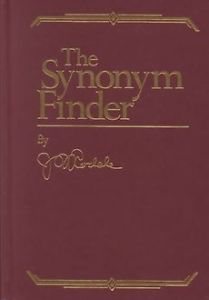Several years ago, one of my daughters entered a photography contest at her school. One of her entries pictured our cat sitting with a plastic bag wrapped around her feet. We never will know how or why our cat did this — the pose just happened. We titled the funny picture, “Cat’s Out of the Bag!”
But then we discovered the rules didn’t allow photographs to be titled. Without the title, the picture looked like a random image of a house cat. A photo of a landscape took the prize.
Of course books and photographs aren’t the same but I hope the point is still well taken. In most cases, a great title will encourage potential readers to investigate a book much more closely than a bland title. For example, Have a New Kid by Friday, which I admit I haven’t (or needed to since my children are grown) read, sounds much more interesting to me than something like HOW TO MAKE YOUR KID DO BETTER.
Don’t you want to read I Know Why the Caged Bird Sings by Maya Angelou?
I think Sherry Gore’s upcoming cook book, Me Myself and Pie, sounds like more than just an ordinary cook book. And it is!
As for fiction, are you as intrigued as I am by the title Through the Deep Waters by Kim Vogel Sawyer?
I want to read about The Heiress of Winterwood by Sarah Ladd, don’t you?
Lynette Eason’s many excellent titles are so promising it’s hard to choose where to start.
Once you and your publisher choose a wonderful title, it’s up to you as an author to make sure the book lives up to readers’ expectations. Thankfully, talented authors with top drawer traditional publishers have a team of editors, artists, and sales people for support.
But before you get to that level, take advantage of choosing a title to garner interest. My assistant’s in-box consists of a list of titles in the subject headings. Some titles stand out more than others. We review regardless of title, but it’s always good for an author when a title makes us eager to open your message. No doubt our time-pressed, hardworking editors feel the same when we submit to them!
Your turn:
Other than the Holy Bible, what is your favorite book title?
What type of title makes you choose a book?
What is the worst book title you can recall?











